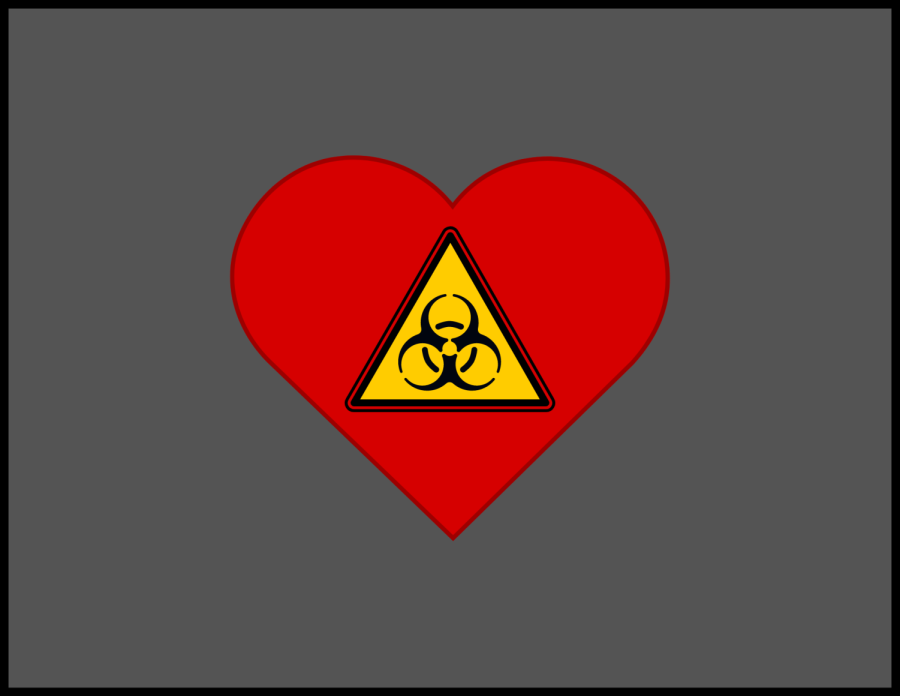How to Address a Toxic Relationship
February 16, 2023
When someone is in a toxic relationship, it can be hard for them to realize how unhealthy it really is and some do not realize how unhealthy it is until it’s over. It can have lasting effects on their mental and physical health if they cannot heal from that trauma. Identifying the characteristics of a toxic relationship is the first step in moving on and healing.
“I had no idea that my relationship was unhealthy until I heard my friend talk about what their toxic relationship was like and it reminded me of my relationship,” said a student.
Unhealthy communication is one of the main indicators of a toxic relationship. This could include yelling and fighting during everyday conversations, one person constantly criticizing the other, belittling them, or gaslighting them. As a result, the other will have lower self-esteem and will often second guess themself.
A controlling person that always needs to get their way is a toxic person. Things like not allowing the other person to go out with friends or not letting them wear certain clothes are major red flags. If they get angry when something is not to their liking, it could lead to an unsafe situation such as violence.
Respect is a big part of a healthy relationship, and when there is a lack of respect from one person, it can change the power dynamic. Oftentimes they will not listen to boundaries or embarrass and put the other person down to feel better about themself. That ego boost can be somewhat addicting, and the disrespectful person will do it again and again.
“When I was with my ex she would make fun of me anytime I did something wrong, even if I told her to stop. She’d make my little mistakes feel so much bigger than they actually were,” said a student.
When a relationship, romantic or platonic, is doing more harm than good, it is time to leave. If it negatively impacts one’s health and well-being or is abusive in any way, it is time to leave, but it’s always important to be safe when doing so. If there is a possibility that the toxic person could put the other in danger, it is good to have an exit plan that ensures the safety of everyone involved.
Moving on and healing from a toxic relationship takes a lot of effort and time, but having a support system like friends and family can make the process easier. However, only relying on loved ones to help can become unhealthy, so therapy is a great resource. Therapists are trained to help people that are going through tough times.
Self-care is another important part of the healing journey. Caring for oneself both physically and mentally helps a person reconnect with their identity, which a toxic relationship might have taken from them. Sometimes the simplest things are the best: self-care, like taking some time out of the day to be alone and relax, is one of the best ways to heal.

































